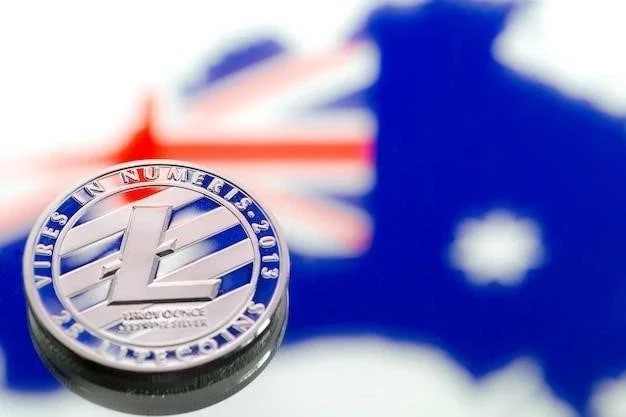The Australian government is preparing to implement updated rules for cryptocurrency platforms and stablecoin creators.
According to the suggested system, crypto platforms that keep virtual assets for clients, such as exchanges and custodians, will be required to function under an Australian Financial Services License. Consider it as incorporating the crypto Wild West into the realm of traditional finance. Toncoin (TON) Value Forecast for March 26th
The Treasury issued a policy document outlining intentions to incorporate key elements of the digital asset sector into existing financial services legislation. This indicates that stablecoin creators will be required to fulfill the same criteria as other stored-value providers, including explicit rules for redeeming value and safeguarding client assets.
The purpose is to address the specific hazards connected with virtual asset platforms and tokenized SVFs, as well as to implement additional disclosure standards for tokens without a clear creator.
Stablecoins utilized for payments will be treated as stored-value facilities and will be subject to similar rules as traditional non-cash payment systems. Authorities believe that these rules will aid in risk management, innovation promotion, consumer protection, and market integrity maintenance.
However, simply dealing with these tokens or trading them on the secondary market will not be immediately considered a financial transaction. Companies that create digital assets for non-financial objectives, maintain infrastructure, or develop blockchain software will not be subject to the new regulations.
Smaller and early-stage platforms may be exempt from full licensing requirements, but they will still be required to comply with certain tailored compliance standards.
In conclusion, crypto exchanges and stablecoin creators are likely to encounter more stringent licensing regulations as part of a proposed regulatory change.
Even if trading platforms include stablecoins or wrapped tokens, they will not only be considered financial markets.
Authorities emphasize that the suggested structure will improve risk control across the whole cryptocurrency industry, hence boosting confidence with banks. “The termination of banking services might be disastrous for enterprises and individuals who are disconnected. It would also impede competition and innovation in the financial services industry, as well as have a negative impact on the Australian economy.”
In recent times, the termination of banking services has emerged as a substantial concern for Australian cryptocurrency enterprises, with prominent banks such as the Commonwealth Bank of Australia, Westpac, National Australia Bank, and HSBC terminating or limiting services to such organizations.
The government is also tackling the rising issue of de-banking, in which cryptocurrency businesses are refused banking services. Officials claim they are collaborating closely with Australia’s main banks to “comprehend the scope and character of de-banking.”
The precise launch date will be validated once the legislation is completed, with draft legislation anticipated to be published sometime in 2025.
Looking forward, regulators will also investigate how tokenization may restructure asset markets, assess cryptocurrency tax reporting standards, monitor DeFi developments, and assess the possible benefits of central bank digital currencies to the Australian financial system.


